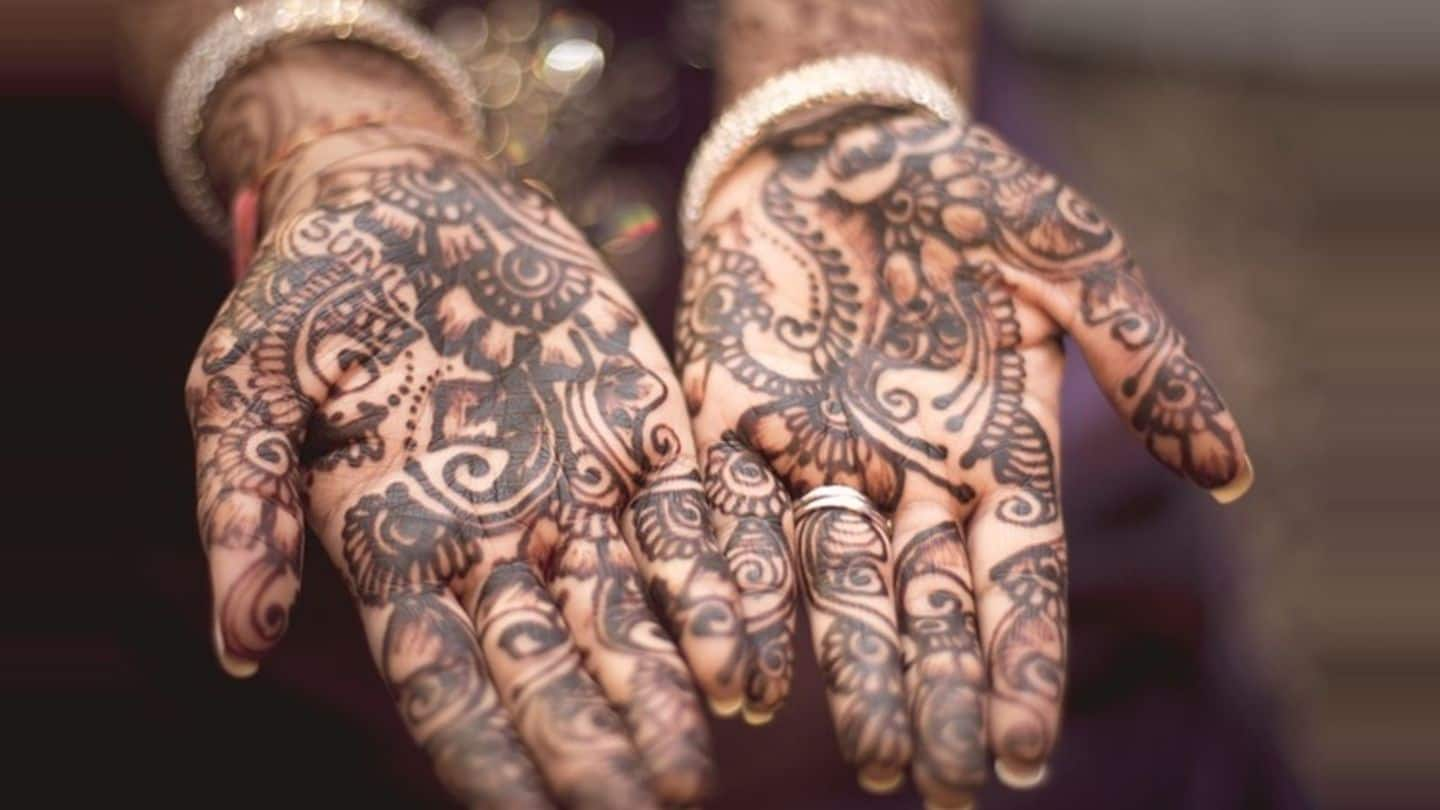
India's taking provisions to protect girls. What about married women?
What's the story
In the wake of the Kathua, Unnao and Surat rape cases, the central government is considering awarding death penalty for rape of minors aged under 12. However, India still doesn't legally recognize marital rape. If this is not discrimination, what is? Does rape become any less of a heinous offense if the victim is older than 18, married and the perpetrator is her husband?
Global validity
India among 36 countries that don't punish marital rape
Marital rape is considered a gross violation of human rights worthy of punishment in over 105 countries across the world. Fifty-two of these treat it as a specific criminal offense. In the remaining, it is part of the general rape provisions. India, however, is one of the 36 nations where spousal rape is still not a punishable crime.
Statistics
11.5% married women in India have suffered spousal rape
As per the National Health and Family Survey (NHFS 4) for 2015-16, 5.4% Indian women claimed to have been forced into penetrative sex by their husbands. Another 6.1% said their spouses forced them to perform sexual acts against their will. So, upto 11.5% married women in India have suffered what would have been considered rape, had their perpetrators not been their husbands.
Details
No change even after the ghastly December 16, 2012 gangrape
Indian law doesn't consider married women "desh ki beti" enough to legally safeguard her from domestic sexual abuse. The Criminal Law Amendment Act 2013, passed after the horrific Nirbhaya gangrape case, though broadened the definition of rape and raised the age of consent to 18 but didn't amend the Indian Penal Code (IPC) exception that decriminalizes marital rape.
The law
All rapes punishable unless not by 'pati parmeshwar'
IPC Section 375, which makes rape a criminal offense, specifically excludes married women from legal cover. It has an "Exception 2" which states: "Sexual intercourse/acts by a man with his own wife, the wife not being under 15 years of age, is not rape". But married women can use Section 498A (which safeguards them from domestic cruelty) to press sexual violence charges against husbands.
Information
When the law discriminates against women
Interestingly, IPC Section 376 makes rape punishable with a jail term starting seven years and extendable up till life imprisonment. However, under Section 498A, husbands can be jailed for only up to three years.
The blame
Politicians also responsible for biased jurisprudence
It isn't just India's legal system that has failed women, politicos are equally to blame for the spread of patriarchal/misogynistic attitudes. Women and Child Development Minister Maneka Gandhi invalidated marital rape by saying it "cannot be applied to the Indian context". Gujarat MP Haribhai Parthibhai Chaudhary echoed her sentiment, saying, India's illiteracy, poverty, social/religious customs make it difficult to penalize spousal rape.
The complexity
Proving martial rape can get difficult but it's not unachievable
It is often argued that marital rape is difficult to prove. In some cases, it might be, but it is never entirely impossible. Wife's timely medical examination, results of a rape-kit, establishing a history of physical violence, testimonies of witnesses and husband's admission through electronic communication can provide enough evidence to prove if the sex was consensual or not.
Consent
Forced sex is rape, in every situation, every single time
Only 10% of married rape victims reportedly seek help. But can you blame them? It's ghastly enough when rape occurs as a standalone incident. Imagine the trauma when you are violated repeatedly by someone who promised to protect you, in a place you call home. Rape is rape, irrespective of the victim's age, marital status or relation with the perpetrator. It's time India understood.